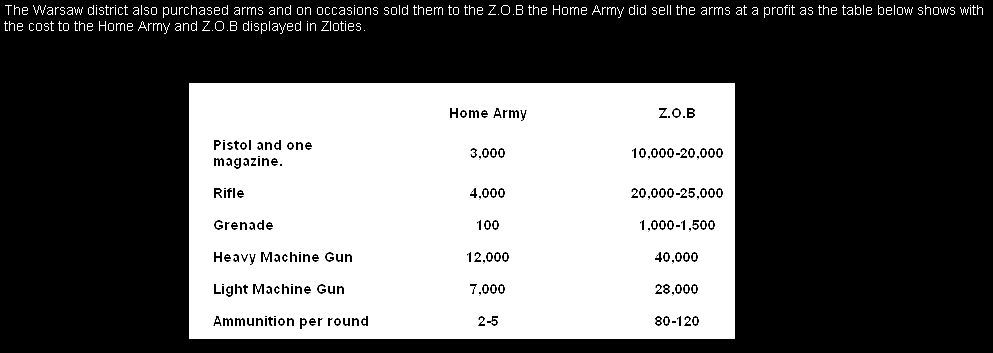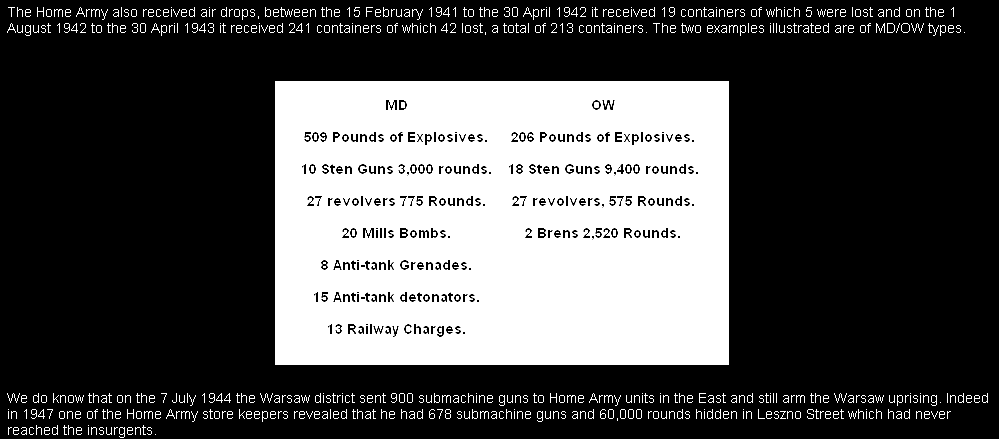| Click at the picture above and you will hear the Piesn Obozowa (Song from a concetration camp), the voice of the last living hero of ca. 750 jewish Z.O.B fighters of the Warsaw Ghetto uprise, Marek Edeleman, which begun on 19-th April 1943, and a lot of jewish songs. |
| To hear the sound you will need the RealPlayer 5.0 |

|
| The Warsaw Ghetto, The Ghetto Fights. |
| THE WARSAW GHETTO UPRISING.
Between the January aktion and the grand aktion, a period
of 87 days, the Z.O.B organised a decisive consolidation of the resistance.
The Z.O.B organised a new framework, it divided the Ghetto into three major
combat sectors, the "General Ghetto" with nine combat sectors, the "shop"
with eight combat units and the "Brushmakers Area" with five combat units.
Of the 22 combat units each had between 12 to 20 members, with an average
age of 20 to 25, the youngest combat member was 12 the oldest 40, the twelve
year old destroyed a Nazi tank. Each unit was movement based with 5 United
Dror He - Halutz units, 4 Ha Shomer ha Za’ir, 4 Bund, 4 P.P.R , Communists,
1 Gordonia, 1 Akiva, 1 Ha-Ho’ar ha Ziyoni and 1 left Po’alei Zion. Only
mobilised units were seen as combat squards. The Z.O.B command was in the
central Ghetto. The Z.O.B activities from January to April were geared
toward combat and confrontation.
|




Please send your comments to Chaim Piast. This document was updated 19.04.98.